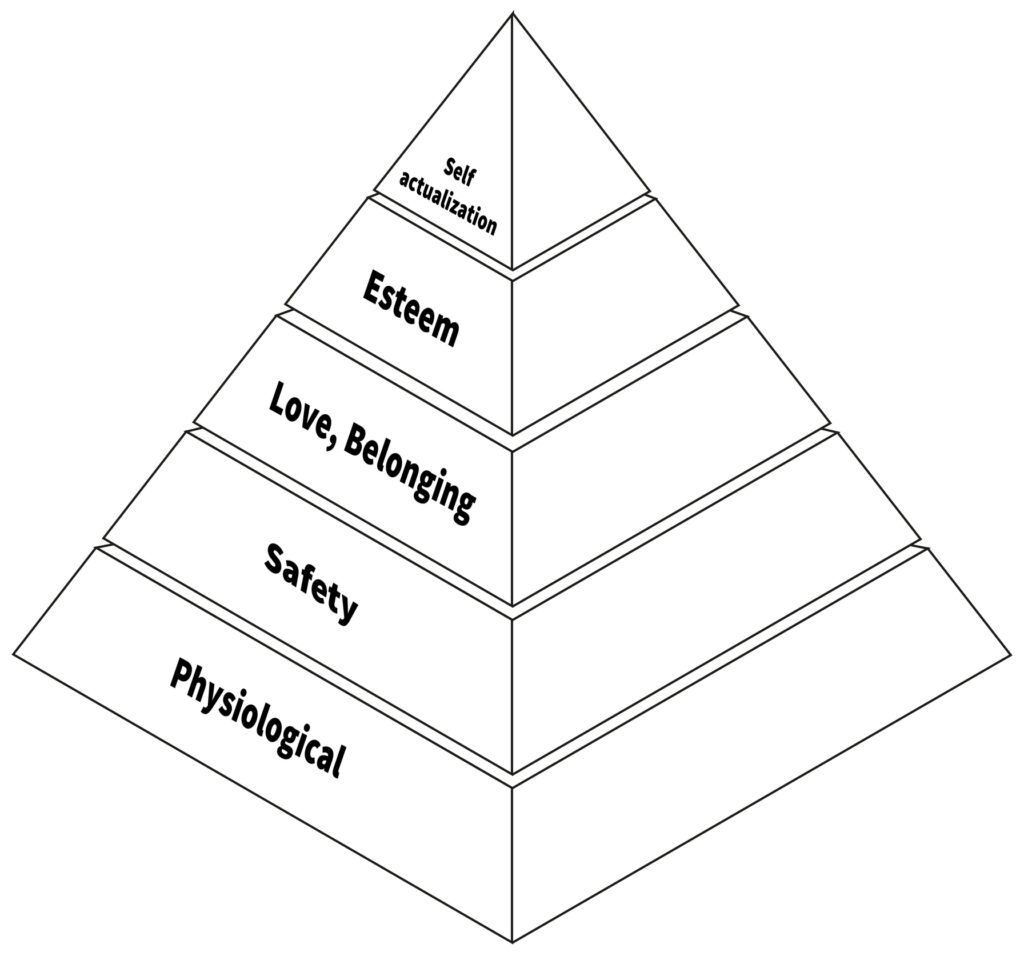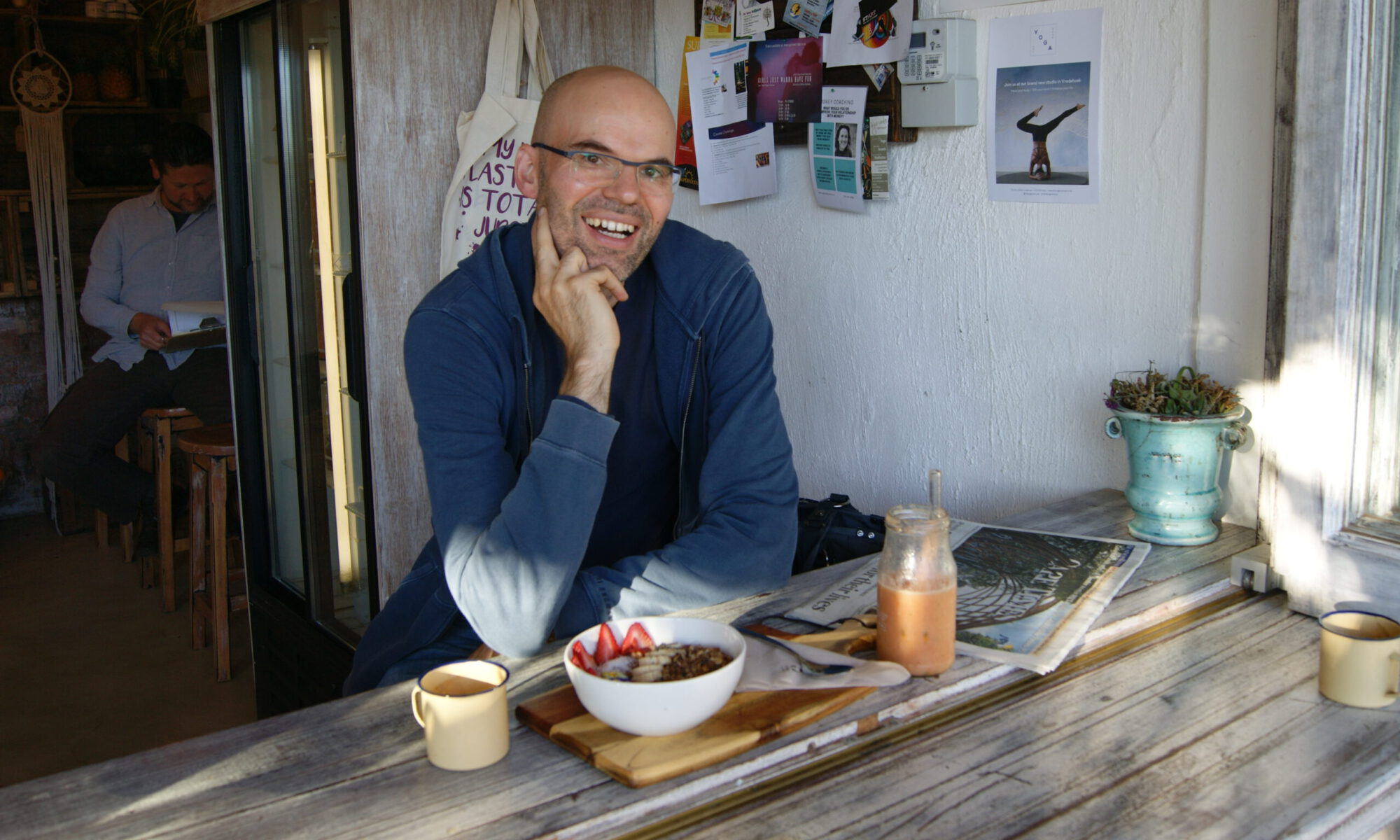
After I have given thought-provoking impulses on various topics in my blog so far, I would like – as announced under structure – to give a few impulses for reflection/share thoughts on individual disciplines/subjects here as well. For 3 min reading time, this can only be an appetizer and if interested, self-study is announced😉. In this blog I start with an entry into psychology.
What do I find so interesting about psychology?
I am interested in the similarities and differences between us humans. And the question of why people behave completely differently in one and the same situation.
I still remember how my classmates were happy about their – in my eyes good – high school graduation grade, while others showed no emotional emotion whatsoever about exactly the same grade.
Just like how confidently and self-assuredly some fellow students sold their low learning effort and others seemed completely insecure when presenting their results, although they knew every detail due to their high learning effort.
What are important basic insights of psychology for me?
Psychology is all about human behavior. In a nutshell, you can say that all people – from the equator to the poles – have similar needs and a corresponding (equal!) interest in satisfying them (preferably not at the expense of others). People are similar (needs) but not equal (we have millions of facets).
Commonalities: All living beings have their need satisfaction/self-preservation as a goal. Regarding needs, there are several theories. One of the most famous is Maslow’s pyramid of needs:

Differences: According to Felix Schönbrodt, we differ in terms of cognitive abilities (thinking, knowledge, communication, memory) and personality (character traits, motives, interests, and values).
Behavior: According to Lutz von Rosenstil, our behavior depends on four forces:

especially the influence of the situation is often underestimated and this in turn depends on personal perception.
What do I do with it?
With a view to needs, e.g. that I can systematically take care of my well-being (see also blog post „What is a successful life„). Looking at differences, e.g. that everyone has strengths and that plurality is valuable. Looking at human behavior, e.g. that I become aware of context (social influence environment and conscience etc.).
Food for thought for children
The building blocks laid out in this blog are certainly still far too abstract for younger children, but I can still talk about such topics with my son because there is a wonderful german podcast series „Mira & the Flying House“ that explains human needs and behavior for ages 4-11 in a way that is appropriate for children and that not only my son loves. Hopefully there is something similar in English.
The processing speed and creativity of children are brilliant. No sooner had my son listened to the episode „How can I deal with stress?“ my wife and I were confronted in situations where we appeared stressed to him with statements „Is your stress light on yellow, how can we get it back into the green zone?“😉
In the next blog post, I want to look at sociology.
1 Rosenstiel von, L. (2003). Entwicklung und Training von Führungskräften, in Rosenstiel von, Regnet et. al., Führung von Mitarbeitern. Stuttgart, Schäffer-Poeschel: S. 79 (Illustration traced and translated by myself.)
